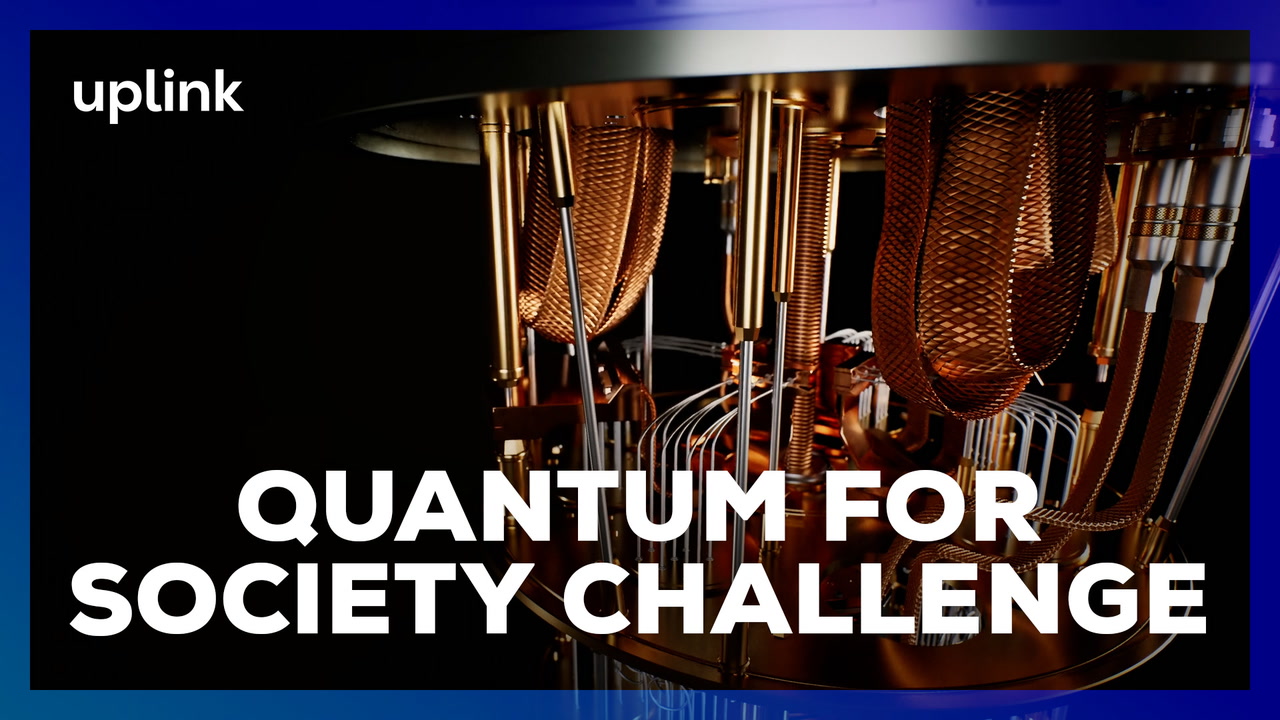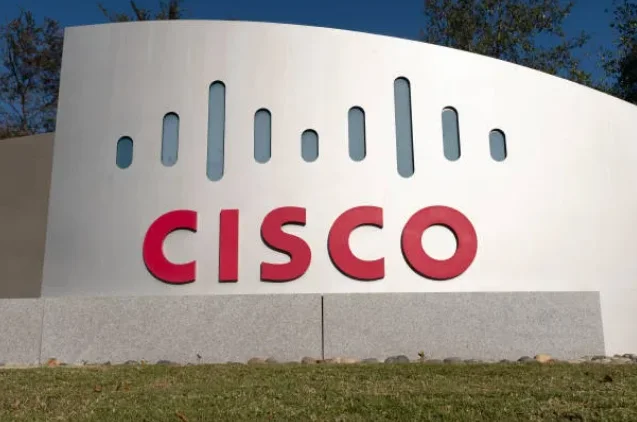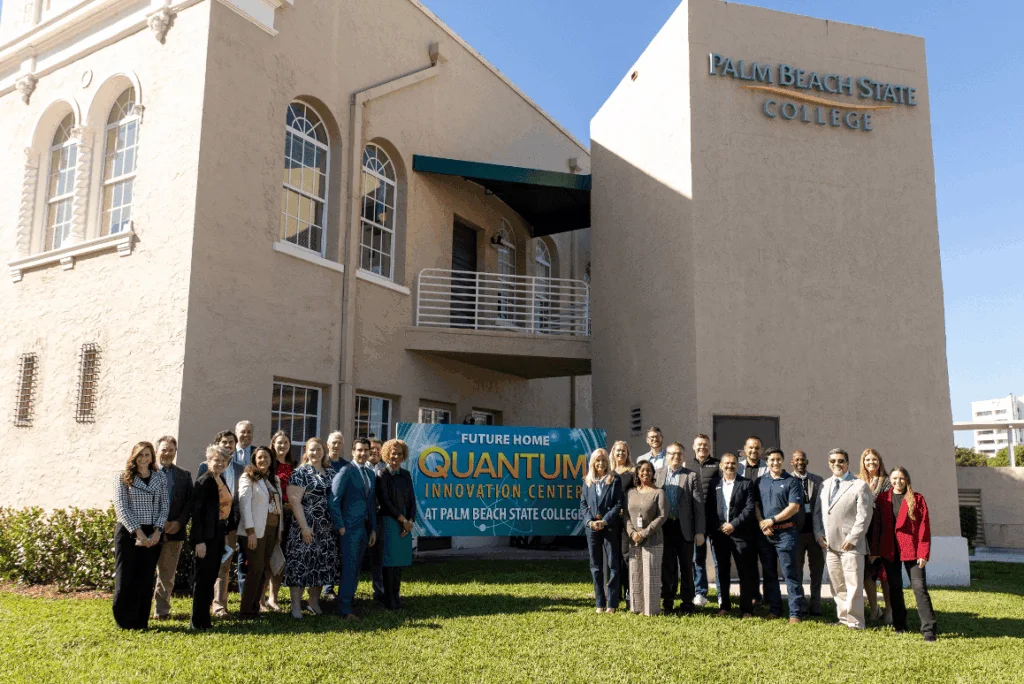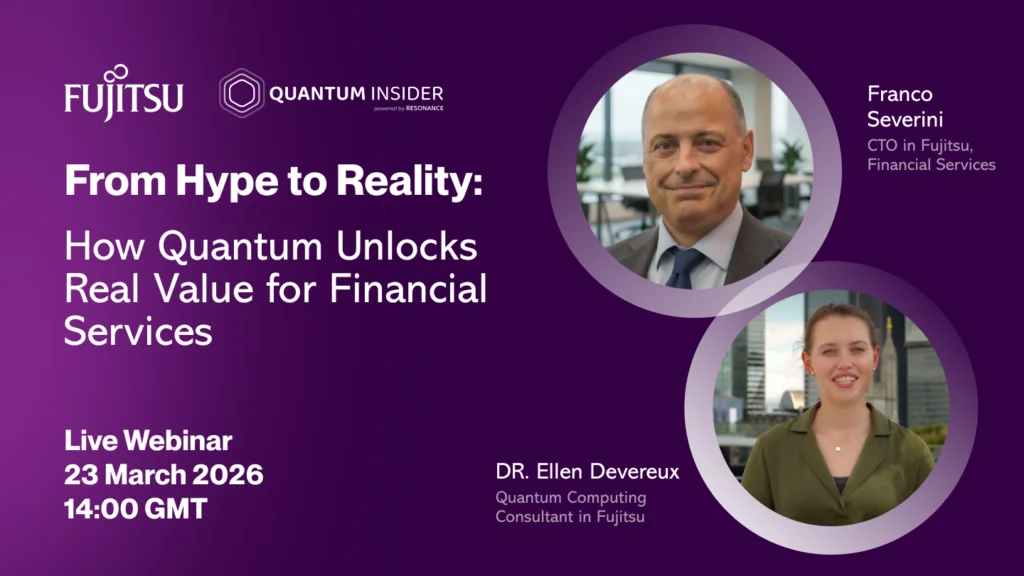Insider Brief:
- The Uplink “Quantum for Society” challenge focuses on leveraging quantum technologies to address global challenges aligned with the UN’s Sustainable Development Goals, including clean water, clean energy, and climate action.
- The challenge emphasizes quantum-driven solutions for climate resilience, sustainable manufacturing, equitable healthcare, food security, and freshwater management.
- Up to 10 selected startups will gain access to the UpLink Innovation Ecosystem, benefiting from technical support, strategic networking, and visibility in global forums to scale their sustainable solutions.
- Submissions open from November 18 to December 13, 2024, with winners announced on World Quantum Day 2025 on April 14, 2025 in Riyadh, Saudi Arabia.
Innovative technology does not emerge without the intentional efforts of those championing its cause, whether through advocacy or engineering. Along similar lines of concentrated effort, technology is often shaped by the initiatives that support it. With the Uplink Quantum for Society Challenge, shaping the use of quantum technology to positively impact humanity and our ecosystem takes center stage. Funded by the Centre for the Fourth Industrial Revolution Saudi Arabia and supported by 11 global partners including Accenture and Pasqal, this initiative calls for innovative solutions to global challenges using quantum technology. According to the challenge release, the focus is on creating impactful, scalable innovations aligned with the United Nations’ Sustainable Development Goals.
Applied Quantum Technology as a Catalyst for Global Sustainability
According to a recent World Economic Forum and Accenture report, due to its maturity, quantum sensing stands out as a near-term opportunity to address pressing societal challenges. The report highlights its potential to advance SDG 6, Clean Water and Sanitation, through precise water quality monitoring and resource distribution optimization, ensuring safer drinking water in regions facing scarcity. For SDG 7, Affordable and Clean Energy, quantum sensing may be able to support energy grid management and optimize renewable energy systems.
Quantum computing, while still largely in development, is expected to have applications that positively impact sectors such as materials science, healthcare, and agriculture. The WEF report notes that quantum algorithms could accelerate the discovery of efficient solar cells and carbon capture technologies, addressing SDG 7 and SDG 13, Climate Action. Additionally, developments in drug discovery and personalized medicine enabled by quantum computing could contribute to SDG 3, Good Health and Well-being. In agriculture, quantum models could improve crop resilience and farming practices, relevant to SDG 2, Zero Hunger, while minimizing environmental impact.

Additionally, the report emphasizes the role of quantum-inspired algorithms, which already optimize supply chains and manufacturing processes on classical systems, supporting SDG 12, Responsible Consumption and Production. However, the WEF and Accenture report encourages caution and makes it clear that achieving widespread quantum adoption by 2030 requires cohesive strategies, public-private collaboration, and sustainable infrastructure development to ensure these technologies reach their full potential.
Focus Areas for Innovation
The Quantum for Society challenge is one such strategic initiative, organizing a challenge that encourages the development of quantum technologies that support the SDGs as well as providing the support and ecosystem needed to the selected submissions in order to bring these solutions to life.
The challenge highlights five primary areas for quantum-driven solutions:
- Climate Solutions — Quantum technologies could advance climate prediction models, optimize renewable energy grids, and enhance carbon capture and storage. According to the release, these innovations align with global goals for decarbonization and climate resilience.
- Materials and Manufacturing — By enabling more sustainable materials and optimizing production processes, quantum capabilities may be useful in industries ranging from nanotechnology to construction. Quantum sensing for supply chain monitoring is one example cited for creating a circular economy.
- Equitable Healthcare — Quantum-powered advancements in drug discovery, personalized medicine, and secure health data protection may create more accessible and sustainable healthcare solutions.
- Agriculture and Food Systems — Addressing food security and sustainable agricultural practices is another focus. As detailed in the challenge description, quantum technologies could support plant science, optimize farming systems, and improve genetic engineering techniques.
- Freshwater Systems — Quantum sensing offers solutions for water quality monitoring, purification, and optimizing the distribution of water resources. Such innovations are critical for managing freshwater systems in the face of growing demand.
Support for Early-Stage Innovators
Up to 10 submissions will be recognized as Top Innovators and integrated into the UpLink Innovation Ecosystem. Selected startups will benefit from technical and operational support, as well as access to strategic networking opportunities through the World Economic Forum and its partners. According to the challenge announcement, the program also offers visibility through digital media channels and participation in high-profile events.
To be eligible, startups must demonstrate a sustainable business model, real-world impact, and scalability. The selection process, which prioritizes advanced technology readiness levels, emphasizes solutions with clear timelines and measurable contributions to the SDGs.
Challenge Timeline and Goals
The challenge launched on November 18, 2024, with submissions open until December 13, 2024. Following a rigorous review and selection process, winners will be announced on World Quantum Day (April 14, 2025) in Riyadh, Saudi Arabia.
Through competition and a supportive ecosystem, this initiative exemplifies how governments and communities may accelerate quantum innovation and encourage a global society that prioritizes sustainability, collaboration, and equitable growth.















